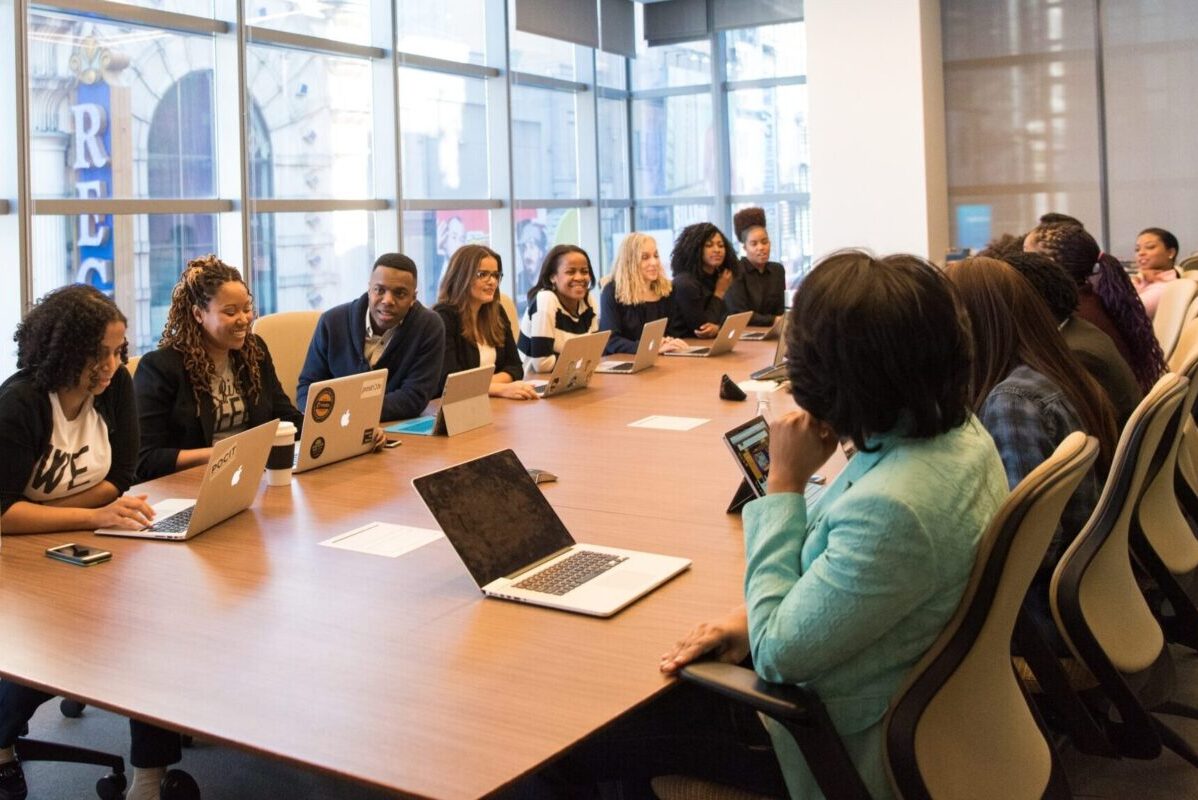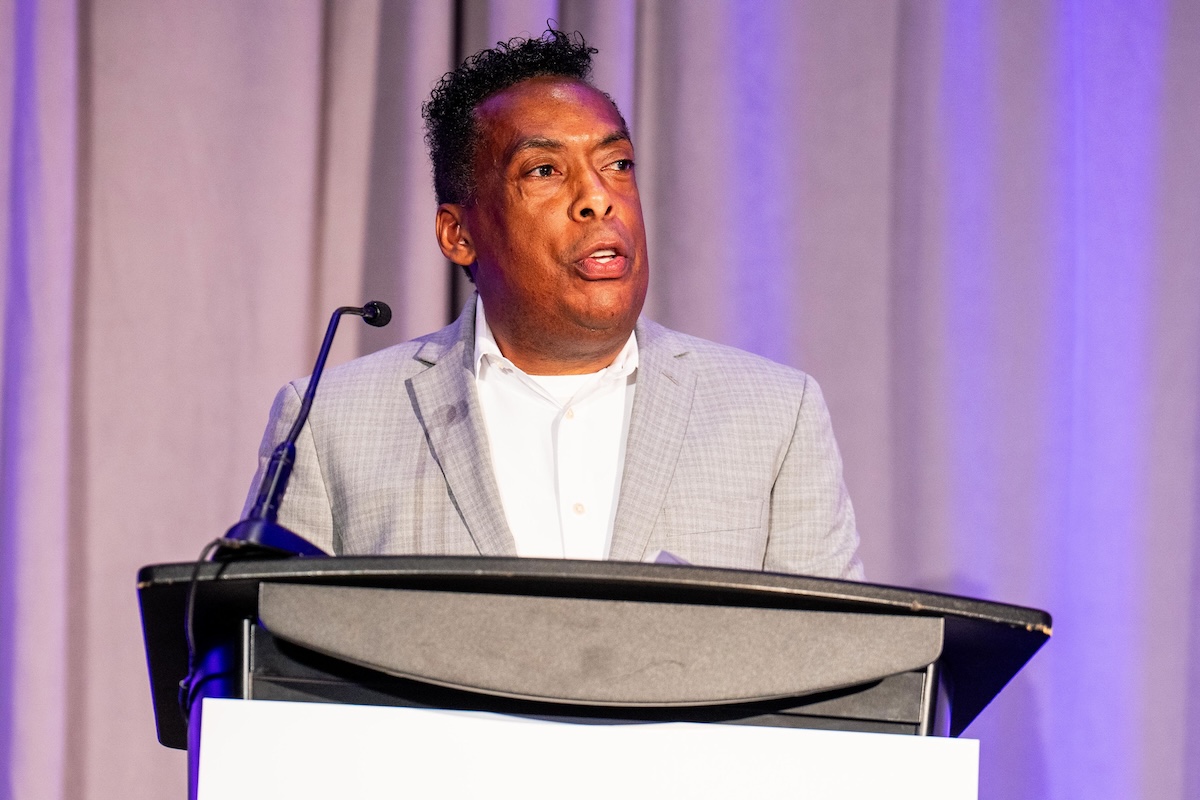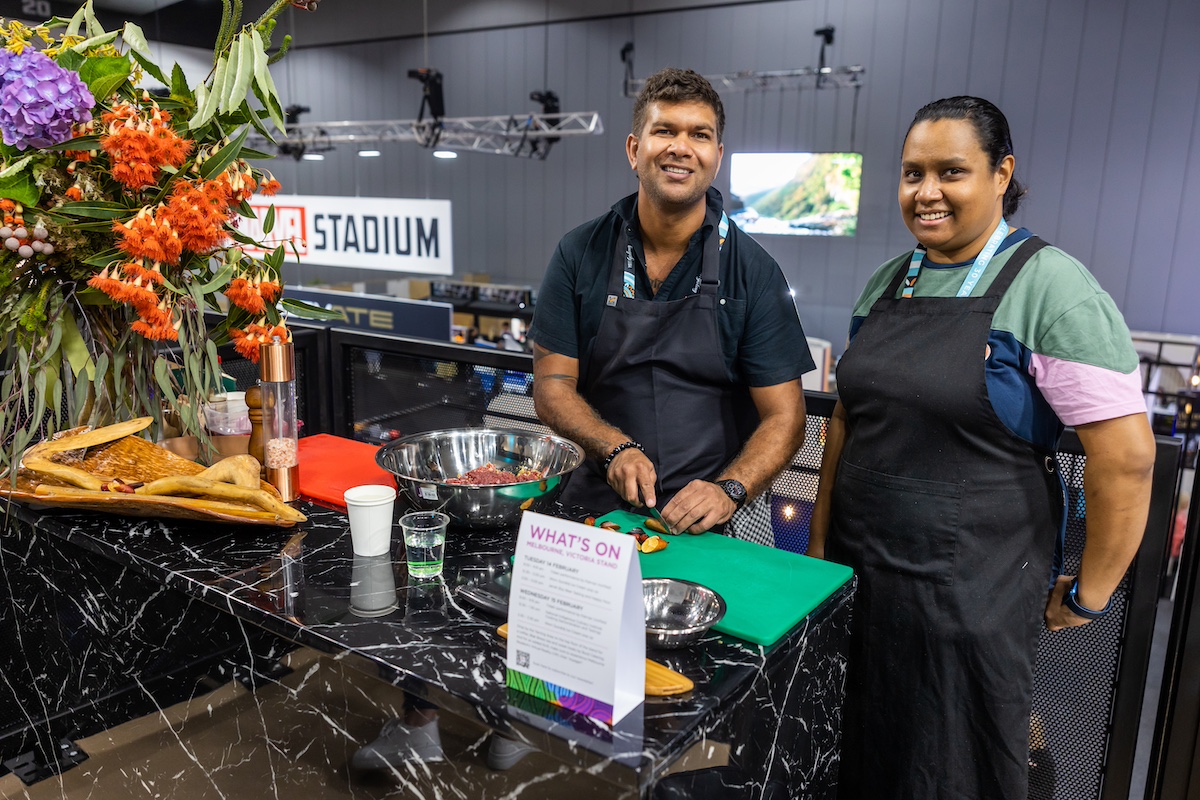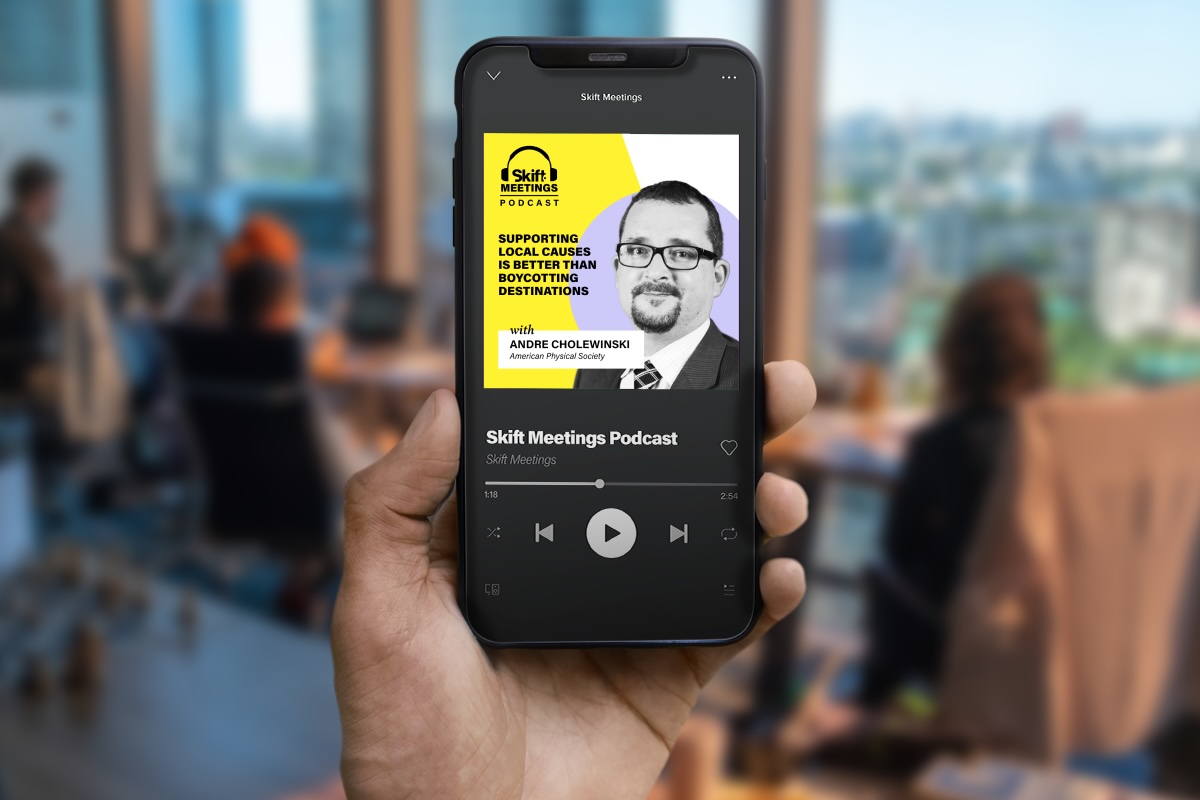Skift Take
When ESPA started its DEI initiative, some members weren't familiar with what that meant. A newly published guide addresses this challenge.
The Event Service Professionals Association (ESPA) has released new standards to help the meetings industry become more diverse, equitable, and inclusive.
An event service professional is a crucial member of a meeting professional’s onsite team. They work at a hotel, convention center, or CVB and manage an event’s logistics with the meeting planner to efficiently bring it to life. As the primary destination and venue liaison and resource for event planners, they have a unique opportunity to make cultural connections and a meaningful impact on diversity, equity and inclusion (DEI) for incoming groups.
Denise Reid is the ESPA president and event planning manager at the Hyatt Centric French Quarter in New Orleans. She has led this important intiative joined by 14 others ESPA members a year and a half ago. “There were some representing destinations who didn’t know what DEI included or what it means. So they asked to be part of our effort,” said Reid. “The downloadable guide we created is a tool we expect them to use. It’s not just checking a box of actionable items.”
The guide covers three pillars of DEI practices: Education, Inclusive Marketing and Supplier Diversity.
Education
DEI education and access to meaningful training tools are key to equipping and empowering employers and employees to succeed in today’s workforce.
Best practices include:
- Publishing a DEI statement on the company’s website
- Developing mandatory DEI training for all staff
- Scheduling offsite education opportunities to share different cultures and experiences
- Establish a team to champion DEI efforts
- Support employee resource groups
- Create a supplier diversity program
- Incorporate DEI mission in performance reviews
Supplier Diversity
Building a culture that supports supplier diversity is action-oriented, requiring rethinking processes, measuring potential to include diverse suppliers, quantifying their contributions, and determining the economic impact on communities.
“When a group comes to New Orleans, they often want something culturally indicative of the destination. People think of second-line bands, beignets, and gumbo when thinking of New Orleans. When recommending these things, it is incumbent on me to reach into the community for these stakeholders while having a give-back component,” said Reid.
Supplier diversity best practices include:
- Develop a policy that intentionally includes diverse members of the community.
- Build relationships with diverse community partners.
- Identify diverse vendors by attending community-based events.
- Create a supplier database that easily identifies diverse vendors and resources.
Inclusive Marketing
Inclusive marketing considers diversity in all forms, including age, ethnicity, gender identity, and appearance. It includes language, socioeconomic status, spirituality, and physical and mental ability.
Best practices include:
- Speak to your audiences with thoughtful language and relatable visuals.
- Explore meaningful ways to celebrate and recognize awareness months.
- Ensure inclusive messaging is leveraged internally and externally.
- Create a strategic plan and budget; set goals.
- Research diverse speakers.
- Provide information about inclusive engagement opportunities.
With the release of this guide, the ESPA DEI task force has evolved into a committee actively working on the next steps. “These three pillars are not the end. More will come out. This is our foundation,” said Reid. “We will continually update the guide. This is just the beginning of the great things we plan to do.”
ESPA’s DEI initiatives are included in a report that can be downloaded here.
Photo credit: Christina @ wocintechchat.com / Unsplash





